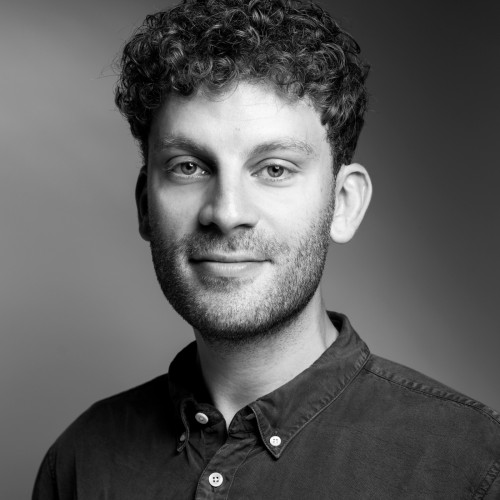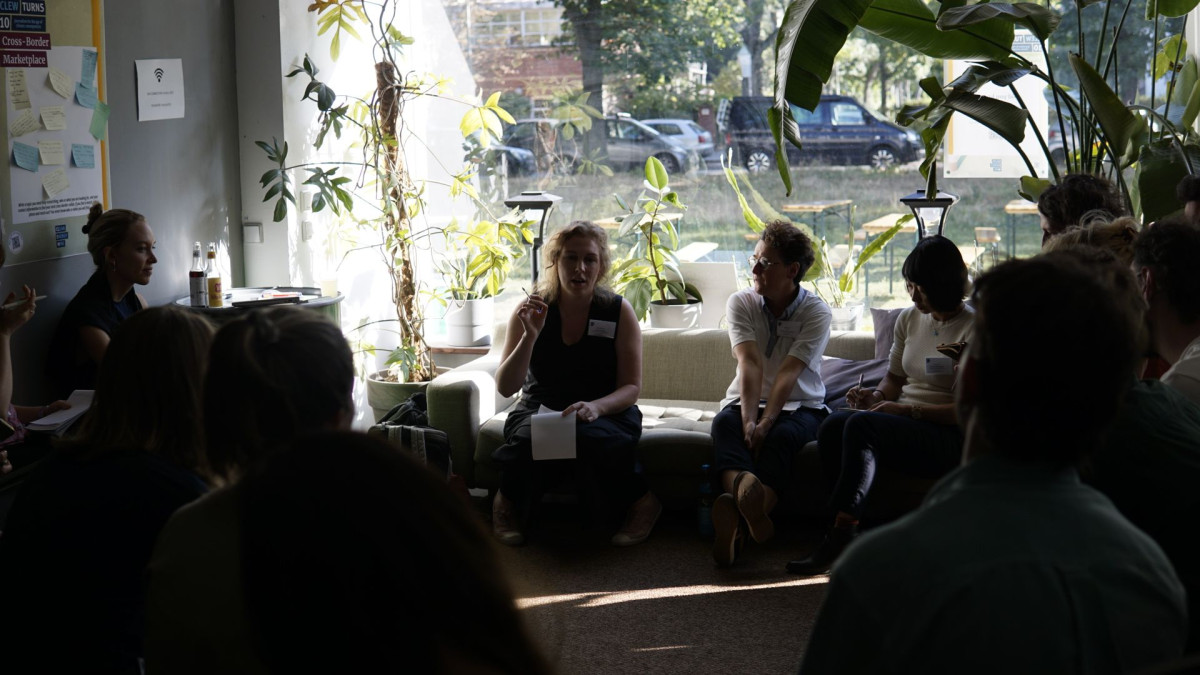Where to begin if you plan to cover energy and climate policymaking in Brussels
***Please note: This article is part of a recap of CLEW's 10th anniversary conference ***
Read our other recaps:
Still unsure what you should cover to keep your readers in the loop about the current beginning of the EU’s institutional cycle?
The ongoing formation of the new European Commission is an absolute must, noted Claire, a seasoned expert on the daily grind in Brussels, the EU’s unofficial capital. She added that energy and climate reporters in particular should keep an eye on the upcoming public hearings of the designated commissioners Wopke Hoekstra (climate, net zero and clean growth), Jessika Roswall (environment, water resilience and competitive circular economy), Teresa Ribera (clean, just and competitive transition) and Stéphane Séjourné (prosperity and industrial strategy), which normally last about three to four hours each.
The next landmark to watch out for is the presentation of the Clean Industrial Deal within the first 100 days of the Commission’s mandate – without losing track of many other big issues: the U.S. election, COP29 (with a focus on climate finance), Poland’s upcoming EU Council presidency (keywords: coal, Social Climate Fund, Just Transition Fund) and the path towards the start of the next phase of EU emissions trading (EU ETS 2), which will include road transport and buildings from 2027 (Poland has already asked for a postponement).
Reading between the lines
Each of these topics is likely to be sprinkled with lobbyist obstruction, noted Lise, who has ample experience in ’following the money’. She suggested that budding EU reporters should learn to read between the lines: Calls for ‘competitiveness’ often equal demands for ‘deregulation’, while making ‘sense about science’ will likely be used as an excuse to fight the EU’s precautionary principle, which calls for environmental action before potential damage is done. Industry concerns about ‘food security’ (or ‘energy security’, for that matter) often serve as excuses to ramp up production, while the call for ‘biodiversity’ (through land conservation) might lead to more intense farming (since less land will be available due to conservation).
As Kwangyin noted, things are getting even more confusing as economics and geopolitics continue to intertwine further. A business reporter who may want to cover ‘localisation’ (i. e. supply chain shortening) policies will need to go interdisciplinary by understanding not only WTO rules, but also entire value chains and the effects these policies could have on jobs in their country.
Paying attention to the calm before the storm
But which periods in the legislative process actually deserve media attention? Often, the beginning (the moment a topic is being mentioned for the first time) and the very end (when policies are finally agreed) get all the prominence. But, in fact, the neglected ‘calm’ period in between the usual media frenzy often presents the best reporting opportunities, because this is when the actual policy decisions take shape.
How can reporters avoid making this mistake? According to Claire, journalists should speak to MEPs’ parliamentary assistants early on in the process, and should also keep an eye on the trilogues (informal tripartite meetings on legislative proposals between representatives of the European Parliament, the Council and the Commission) for the technical part. Better yet, they should get in touch with MEPs and rapporteurs (MEPs responsible for handling a legislative proposal drawn up by the Commission), but should not expect the Commission itself to be talkative.
Lise told the audience that behind every technical issue lurks a highly political one, so it’s also key to listen to what NGOs have to say on the respective topics. The Commission will always consult with member states before formulating its proposals – often a hint that “something’s cookin’”. Lise brought up fossil fuel industry lobbying during the genesis of the Hydrogen Act as an example, while also pointing out how little resistance can be expected from unions in Brussels, as they are usually much more active in their respective home countries than at EU level.
Ultimately, the lively discussion closed on a hopeful note from Lise: EU policymaking might appear overwhelming to beginners – but on closer inspection, it often turns out to be rather simple.


